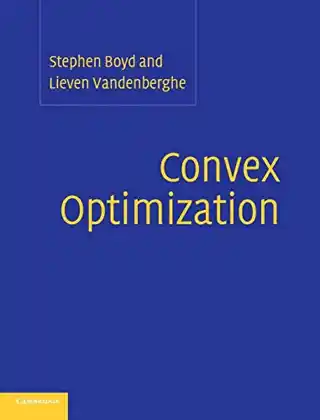An insightful and evidence-based assessment of our urgent need to enact labor law reform—and how to achieve it.
Millions of non-union workers want unionization, but our current labor-management relations law conspires to deny them meaningful opportunities to secure collective workplace representation. The resulting low rates of collective bargaining impose economic, political, and social costs on us all. In Fulfilling the Pledge, Roger Hartley addresses the plight of American workers, who face a grim, uncertain future, as the digital workplace reshapes the hierarchical post–World War II industrial relations system that once gave workers a voice. Through empirical evidence and the lens of law and policy, Hartley examines what industrial sociologists call the chronic “representation gap” and clarifies how a wide-ranging movement could build a vocal constituency for the congressional enactment of labor law reform.
The pledge made in the 1935 National Labor Relations Act to encourage establishment of industrial democracy—where workers possess a voice in their places of work—remains unfulfilled. Speaking to policymakers, scholars, historians, and the average citizen, Fulfilling the Pledge makes a compelling case for collective workplace representation that serves the greater good, even as American labor relations law continues to undermine collective bargaining by workers and becomes an increasingly significant political and social issue.
Conditions of Use
![]() This book is licensed under a Creative Commons License (CC BY-NC-SA). You can download the ebook Fulfilling the Pledge for free.
This book is licensed under a Creative Commons License (CC BY-NC-SA). You can download the ebook Fulfilling the Pledge for free.
- Title
- Fulfilling the Pledge
- Subtitle
- Securing Industrial Democracy for American Workers in a Digital Economy
- Publisher
- The MIT Press
- Author(s)
- Roger C. Hartley
- Published
- 2024-02-13
- Edition
- 1
- Format
- eBook (pdf, epub, mobi)
- Pages
- 306
- Language
- English
- ISBN-10
- 0262547139
- ISBN-13
- 9780262377348
- License
- CC BY-NC-SA
- Book Homepage
- Free eBook, Errata, Code, Solutions, etc.
1: What Do Workers Want? 2: The “Representation Gap” and the Societal Costs of Low Union Density 3: Causes: The Revolt of the Bosses 4: The NLRA’s Restrictions on Coverage: Constricting Eligibility for Legal Protection of the Right to Organize 5: Opportunities in the NLRA during the Representation Process for Employer-Created Delay and Interference with Employee Free Choice 6: Opportunities in the NLRA for an Employer to Retaliate without Fear of Significant Consequences 7: Opportunities in the NLRA for Employers to Indoctrinate Employees through Work-Time Captive Audience Meetings while Denying Unions Workplace Access to Employees 8: Opportunities in the NLRA for Employers to Deny Workers an Initial Collective Bargaining Agreement 9: Opportunities in the NLRA Permitting Employers to Destabilize Existing Bargaining Relationships 10: Opportunities in the NLRA Permitting Employers to Limit Workers’ Economic Actions








